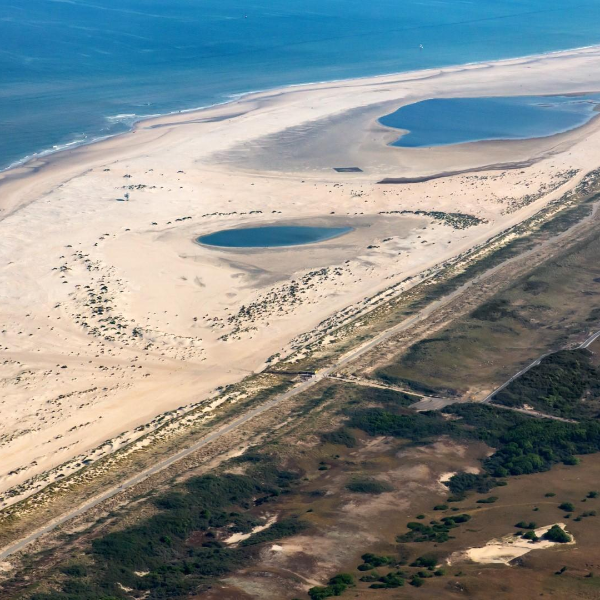Witteveen+Bos, CE Delft and Copper8 prominently represented in framework agreement Rijkswaterstaat

Witteveen+Bos, CE Delft and Copper8 prominently represented in framework agreement Rijkswaterstaat
Witteveen+Bos, CE Delft and Copper8 prominently represented in framework agreement Rijkswaterstaat
The consortium of Witteveen+Bos, CE Delft and Copper8 has been selected for five of the six areas of focus in Rijkswaterstaat’s framework agreement ‘Knowledge Development Circular Economy in the Civil Engineering Sector’. This gives the consortium broad representation. RWS created the framework agreement to develop, share and implement knowledge to help it meet the 2030 and 2050 sustainability goals.
Rijkswaterstaat - responsible for the design, construction, management and maintenance of the main infrastructure facilities in the Netherlands - is aiming for a climate-neutral and circular infrastructure. 'To achieve that, we want to be fully circular by 2030. In the construction, replacement, renovation and maintenance of our infrastructure, we want to use the minimum amount of primary raw materials. This means we will reuse as many raw materials as possible,' RWS said.
According to RWS, extensive knowledge must be developed, shared and put into practice to achieve the sustainability goals. To this end, the organisation has drawn up the aforementioned framework agreement, for which it has selected nine (consortia of) consulting firms for six areas. The term of the framework agreement is two years, with an option of a two-year extension until the end of 2026.
Open and transparent collaboration
The contracting parties were selected in a tender based on 'a good understanding of the task, their knowledge and experience of the subject matter and of project management, and their vision of open and transparent collaboration and knowledge sharing,' according to RWS.
'We look forward to working together with these expert parties and to make big strides in knowledge development and implementation for circular working at Rijkswaterstaat,' said Boukje van Reijn, Programme Manager Circular Economy at Rijkswaterstaat.
Consortium W+B, CE Delft, Copper8 most prominently represented
The framework agreement covers support for knowledge development, transfer and implementation of circularity (CE) in civil engineering and comprises six areass: Materials, Measurement/Monitoring, (Material) Data & Passports, Reuse & Implementation, Procurement & Contracting and Strategy, programme advice and knowledge sharing. The consortium of Witteveen+Bos, CE Delft and Copper8 has been selected to conduct research and consultancy on the first five areas.
This makes the trio the most prominently represented party in the framework agreement: no other consortium was selected for so many areas. 'We are proud of the result achieved,' said Rob Dijcker, Circular Solutions Team Leader at Witteveen+Bos. 'It proves that our consortium fits well with the client’s wishes. Rijkswaterstaat has opted for a comprehensive, programme-based approach, with external parties operating on the basis of their expertise as a proactive partner rather than a supplier. We feel perfectly comfortable in this role.'

Knowledge development and implementation
Together, Witteveen+Bos, CE Delft and Copper8 have already built a track record in previous projects for government bodies. The companies complement each other well and look forward to continuing their collaboration in the coming years.
The three partners in the collaboration each bring their expertise and experience. Within the consortium, Witteveen+Bos is focused on technical consultancy, data strategy and design, contracting and the implementation of circular solutions, CE Delft on environmental policy research, while Copper8 is responsible for circular procurement and strategic policy.
'I hope that the knowledge within this framework agreement will lead to us actually starting to work in a circular manner in civil engineering,' Sybren Bosch (Copper8) said. 'It is not just about knowledge development, but above all about the implementation thereof in projects, procedures and work processes.'
More information?
